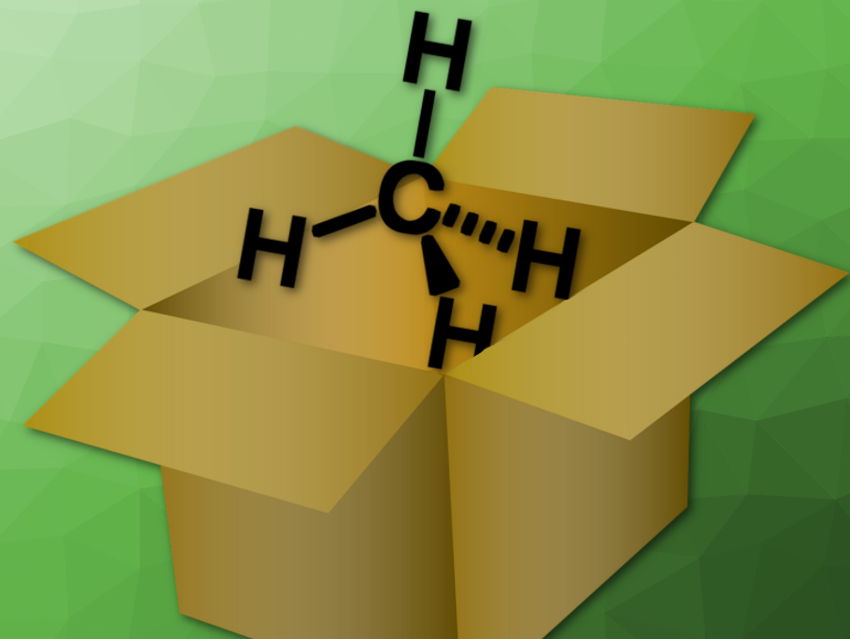Natural gas is a promising alternative transportation fuel to conventional petrol. It has low harmful gas emissions and abundant reserves. The lack of materials that can store natural gas efficiently at ambient temperature in a “dense” form stands in the way of a comprehensive use of this application.
Jiajun He, University of Illinois at Urbana-Champaign, Urbana, IL, USA, Zhenan Bao, Stanford University, Stanford, CA, USA, and colleagues have developed dense carbon flower nanoparticles for methane storage.
The team prepared the uniform carbon flowers by free radical polymerization of acrylonitrile. By controlling the drying process, the density of the flowers is superior to that of commonly used commercial carbons with a comparable surface area. The polyacrylonitrile flowers can pack into carbon pellets while preserving the densely packed structure. The obtained high bulk density and interconnected micro-, meso-, and macropores provide carbon nanoflower pellets with a high bulk density (0.96 g cm–3), while having a surface area of 1077 m2g–1. High methane storage capacities of 165 and 196 cm3 (STP) cm–3 were achieved at 35 and 65 bar, respectively.
The interconnected macropores formed by interstices between particles allow for the efficient access of methane. The micropores of individual particles provide good storage capacity.
These uniform carbon flower particles and their dense pellets demonstrate a new class of materials. Their preparation is facile and low-cost. They show wide tunability for promising methane storage, energy storage, and other industrial applications. According to the researchers, the current gravimetric capacity of these carbon nanoflower pellets is still low. The team will continue to work on optimizing the polymerization, stabilization, and gas activation conditions.
- Dense Carbon Nanoflower Pellets for Methane Storage,
Shucheng Chen, Huaxin Gong, Birol Dindoruk, Jiajun He, Zhenan Bao,
ACS Appl. Nano Mater. 2020, 3(8), 8278–8285.
https://doi.org/10.1021/acsanm.0c01700




